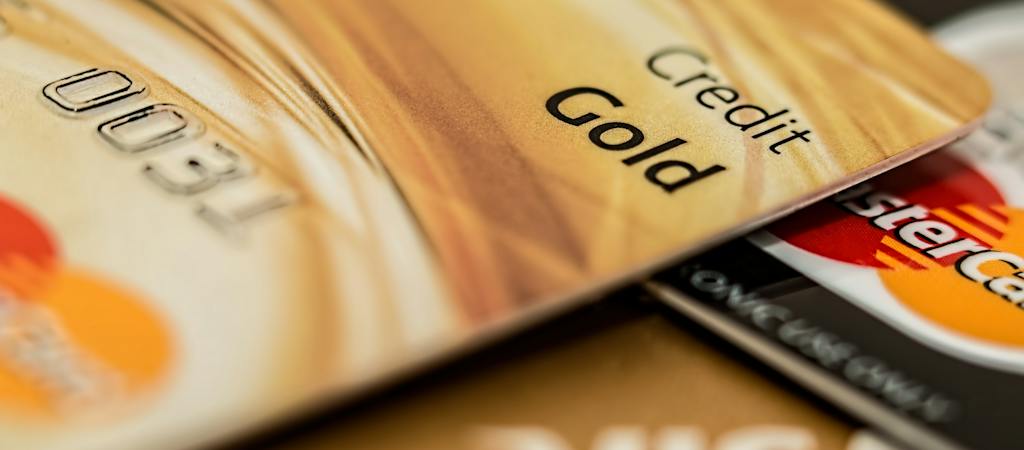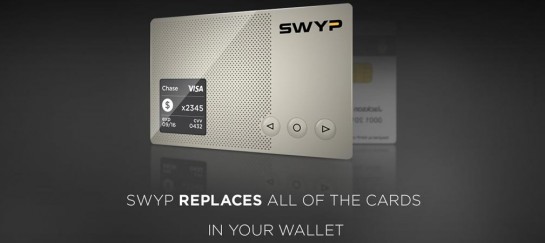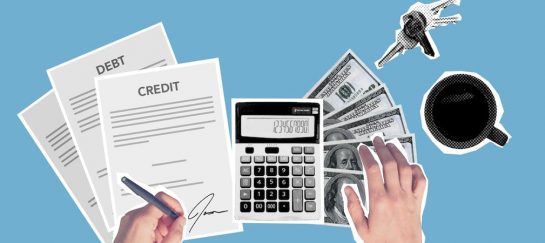
Minimizing Debt: Tips for Savvy Credit Card Use
Credit cards have become an essential aspect of our financial lives in the fast-paced world of today. Because of its convenience, it’s simple to get into the debt trap. However, keeping a positive financial view requires that you learn how to utilize credit cards wisely. We’ll look at useful advice in this blog article to help you reduce debt, make wise decisions, and create a more stable financial future.
Understanding Your Spending Habits
The first step towards responsible credit card use is understanding your spending habits. Take a close look at your monthly expenses and identify areas where you can cut back. By creating a realistic budget, you’ll gain better control over your finances and reduce the temptation to overspend. This foundational step lays the groundwork for more conscious credit card use.
Choosing the Right Credit Card
Not all credit cards are created equal, and choosing the right one can significantly impact your financial well-being. Research various credit card options, comparing interest rates, annual fees, and rewards programs. Opt for a card that aligns with your spending patterns and financial goals. Remember, the goal is to use the credit card as a financial tool, not as a source of temptation.
Establishing an Emergency Fund
Building a robust emergency fund is a crucial component of responsible financial management. Having a safety net ensures that unexpected expenses won’t lead to reliance on credit cards to cover essential costs. Aim for at least three to six months’ worth of living expenses in your emergency fund. This financial buffer provides peace of mind and reduces the risk of accumulating credit card debt during challenging times.
Smart Credit Card Practices
Once you’ve chosen the right credit card and established a solid financial foundation, it’s time to focus on smart credit card practices. Pay your balance in full and on time each month to avoid accumulating interest and late fees. Keep track of your transactions and regularly review your statements for any discrepancies. Additionally, consider setting up automatic payments to ensure you never miss a due date, further safeguarding against unnecessary charges.
Leveraging Credit Card Rewards Wisely
Credit card rewards can be a valuable perk if used wisely. Many credit cards offer cash back, travel rewards, or points that can be redeemed for various benefits. However, it’s crucial to resist the temptation of overspending to earn more rewards. Instead, view these perks as a bonus for responsible credit card use. Be strategic in how you redeem rewards, focusing on options that align with your financial goals or provide tangible value.
Refinancing Debt for Financial Relief
For those already facing credit card debt, exploring debt consolidation or refinancing options can provide much-needed financial relief. Consolidating high-interest debts into a single, lower-interest loan can make repayment more manageable. However, it’s essential to approach this solution with caution and ensure that the refinancing terms are favorable. By addressing credit card debt head-on, you take a proactive step toward regaining control of your financial situation. This way, you can make the refinancing process easier.
The Importance of Regular Financial Check-Ins
Maintaining financial health requires ongoing attention. Schedule regular financial check-ins to review your budget, track your progress, and make necessary adjustments. These check-ins provide an opportunity to assess your financial goals, celebrate achievements, and identify areas for improvement. By staying actively engaged with your finances, you’ll be better equipped to spot potential issues before they escalate, fostering long-term financial success.
Educating Yourself on Financial Literacy
Understanding concepts like interest rates, credit scores, and investment strategies provides a solid foundation for making informed financial decisions. There is a wealth of resources available, ranging from online courses and informative articles to books and workshops. Consider immersing yourself in these materials to enhance your financial literacy and gain the confidence to navigate the complexities of personal finance. The knowledge gained not only empowers you to wield credit cards responsibly but also equips you with the skills to make strategic financial choices that align with your long-term goals. As you invest in your financial education, you’re not just minimizing debt; you’re laying the groundwork for a financially savvy and secure future.
Savvy credit card use is a skill that can empower you to navigate the financial landscape with confidence. By understanding your spending habits, choosing the right credit card, and practicing smart financial habits, you can minimize the risk of accumulating credit card debt. Establishing an emergency fund, leveraging credit card rewards wisely, and considering debt refinancing when necessary further contribute to your financial well-being. Regular financial check-ins and ongoing education ensure that you remain on the path to financial freedom. Ultimately, by incorporating these tips into your financial routine, you’ll not only minimize debt but also lay the groundwork for a secure and prosperous future.
Daily Newsletter
Subscribe to Jebiga for a dose of the best in gear, design, rides, tech and adventure.






